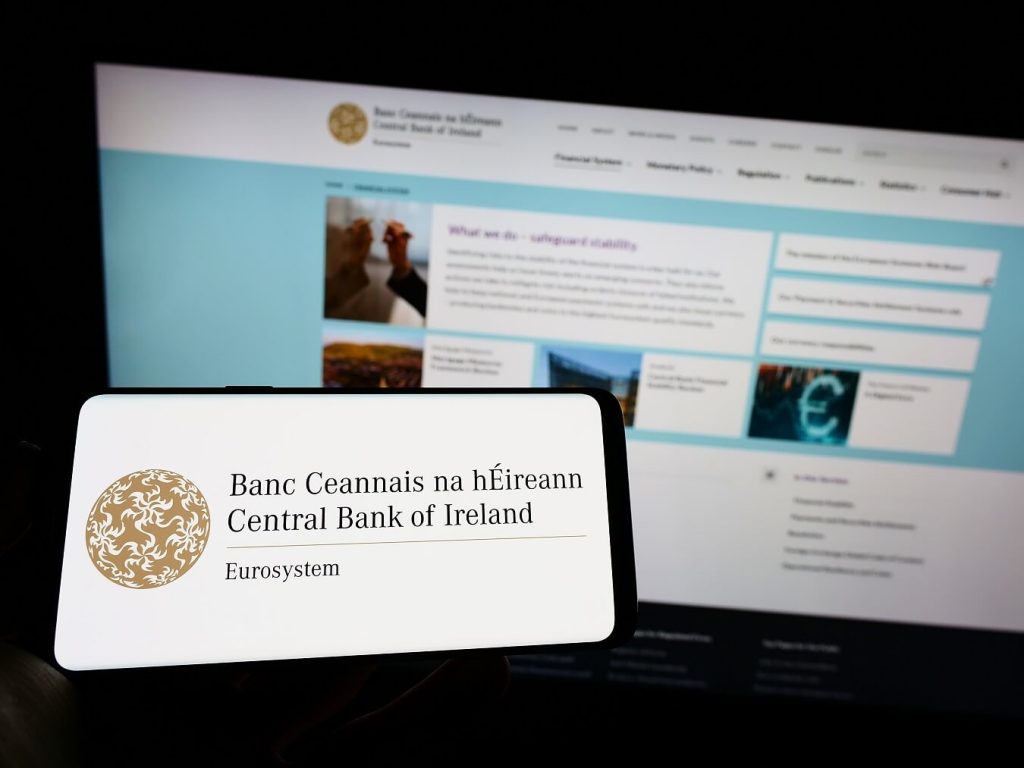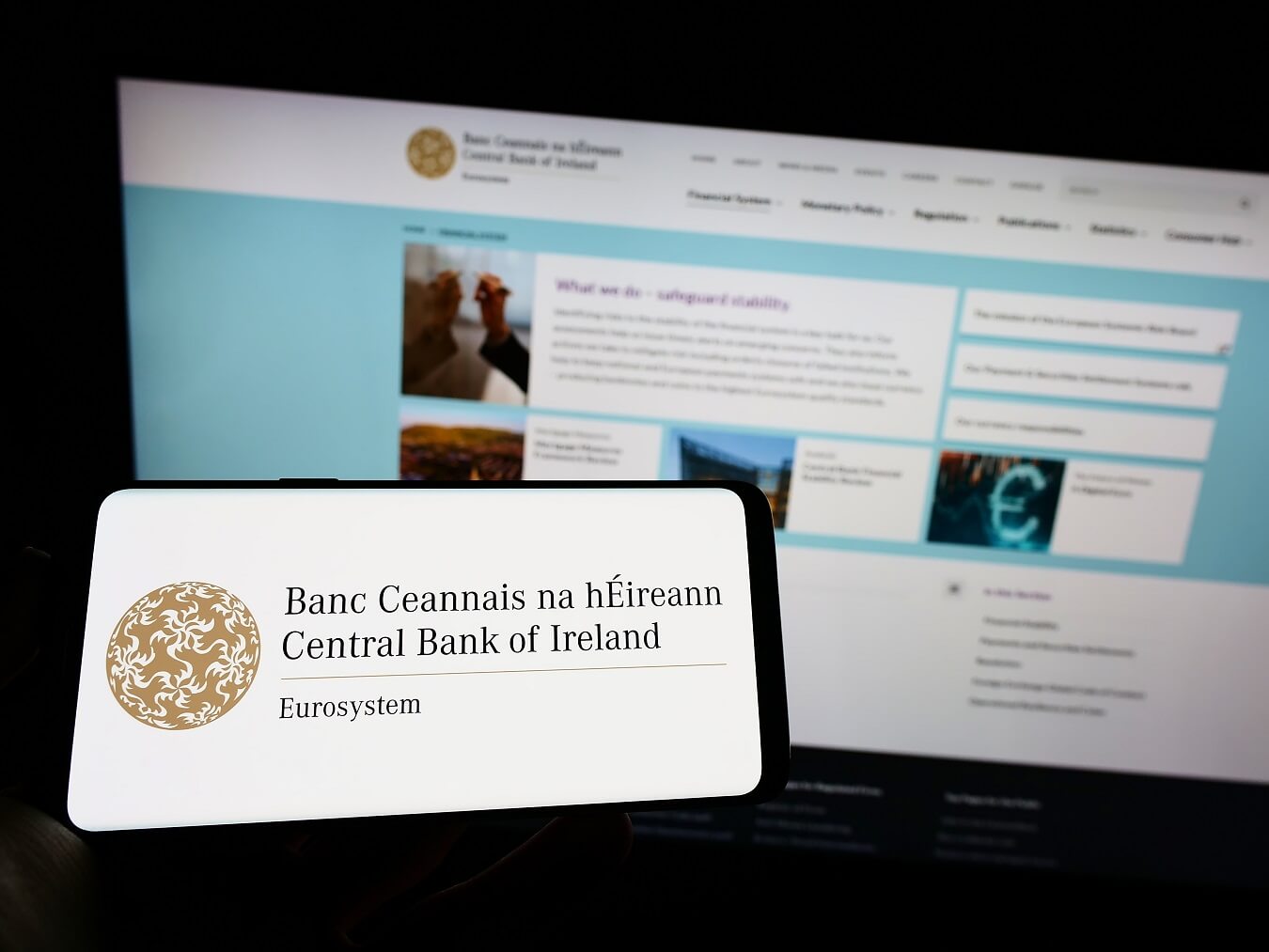Ireland’s Central Bank Governor Labels Unbacked Cryptos as Ponzi Schemes

[ad_1]

Unbacked cryptocurrencies are more like a “Ponzi scheme” than an investment, argued Central Bank of Ireland Governor Gabriel Makhlouf – but adding that “crypto is not going away very soon.”
In a Friday blog post, Makhlouf stated that Ireland’s Central Bank differentiates between ‘backed’ and ‘unbacked’ crypto.
The bank remains “open towards the potential of ‘backed crypto’,” such as Electronic Money Tokens (EMTs) and Asset Reference Tokens (ARTs) under the Markets in Crypto Assets Regulation (MiCA).
However, the claimed benefits of ‘unbacked’ and poorly-backed crypto “should be treated with a large dose of scepticism”. Buying these is like buying a lottery ticket, he said – while there is a possibility of a win, it is unlikely.
“And describing it as “investment” is, needless to say, an abuse of the word; “Ponzi schemes” might be more accurate,” Makhlouf argued.
The Central Bank discourages the marketing of crypto to the public, he added, especially the aggressive advertising by influencers who do not disclose they’re being paid to promote it.
The eye of the regulator
The crypto winter and the events seen over the past year should not be forgotten, Makhlouf wrote.
These include the market crash(es), the falls of Terra/LUNA and FTX (among others), the subsequent contagions, an absence of consumer and investor protection, misleading advertising, inappropriate use of client assets, and insufficient quality of reserves.
“Firms operate without regulatory oversight and it is clear that some of them chose to operate with little thought for consumers or investors. What began as the crypto winter in 2022 still reverberates.”
Notably, Makhlouf added, these very events and the “failures” in the industry have “ensured” that regulators, policymakers, and central banks all focus on discussing crypto and its role in the financial system.
The European Parliament just recently approved MiCA. The new regulatory framework covers a wide range of issues within the crypto sector and affects exchanges, custody providers, investment advisors, stablecoin issuers, and other entities operating within the EU market.
“Although not due to be fully implemented in the EU until the start of 2025 – it’s an important step in the regulation of crypto activities,” Makhlouf said.
Crypto is not going away
However, the Governor noted that there is “a real step forward” being made as central banks seek to utilize technological innovations.
As an example, he gave the Bank of International Settlements (BIS) Innovation Hub Eurosystem Centre, where projects work on the “compliant use” of decentralized finance (DeFi) tools, blockchain, and smart contracts.
The Central Bank of Ireland has a strong focus on technological innovation, “recognising that we are in a moment of significant technological transformation,” he said, adding that any change comes with risks and benefits.
The reality of course is that crypto is not going away very soon and the nature of the product means international co-ordination is needed to ensure it is regulated and supervised at a level commensurate to the risk it poses.
Makhlouf concluded that the crypto market should be treated as other financial markets, with similar rules on client funds treatment, disclosures, governance, risk management, and information exchange.
____
Learn more:
– EU Lawmakers to Vote on New Crypto Regulations, Ban Anonymous Transfers Above €1,000- European Parliament Passes Historic Anti-Money Laundering Rules for Crypto Industry – More Regulation Incoming?
– European Central Bank: Digital Euro to Offer ‘Maximum Privacy,’ Though Not as Much as Cash- Crypto Companies Make Complaints to UK Government Amid Banking Woes – What’s Going On?
– Is Bitcoin a Pyramid Scheme?- Countries Where Bitcoin Is Banned or Legal In 2022
[ad_2]
Source link









